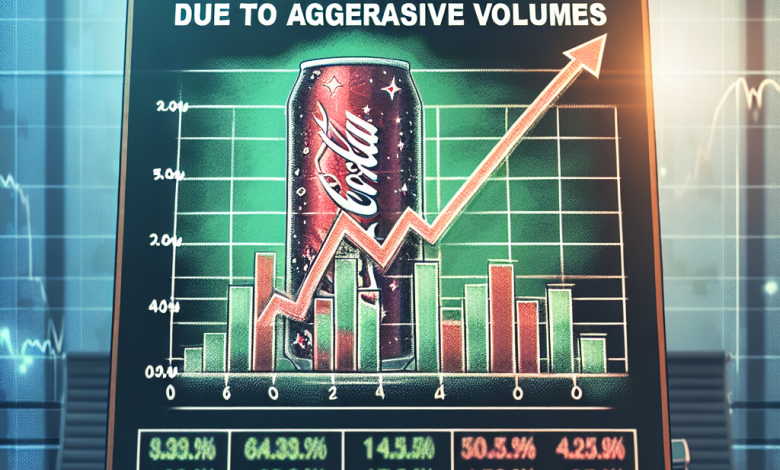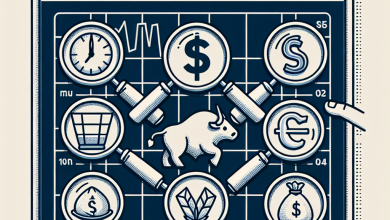
TD Cowen Lowers PepsiCo Rating, Citing Effects of “Aggressive Pricing” on Sales Volumes
Analysts at TD Cowen have decreased their rating for PepsiCo to “Hold” and significantly lowered their price target for the consumer goods company.
In a communication to clients, the analysts highlighted that Pepsi’s choice to implement “aggressive pricing” for its salty snacks, carbonated beverages, and sports drinks has diminished its appeal as a low-cost option for consumers. They pointed out that prices in these categories have surged by 41% since 2021, whereas the average grocery store price increase has been around 25%.
The analysts expressed concerns that this pricing imbalance could lead to various challenges. Specifically, they anticipate a decline in pricing for salty snacks and ongoing pressure on volumes for carbonated beverages due to price elasticity.
As a result of these trends, they expect Pepsi’s pricing power to be compromised in the short term, leading to a reduction in organic growth predictions for the current fiscal year to 1.9% and 3% for 2025.
Additionally, the analysts noted that anticipated promotional activities within Pepsi’s Frito-Lay division, which includes popular brands like Tostitos and Ruffles, are “not broad enough to materially improve volume trends for the business overall.”
They also pointed out that Pepsi’s beverage segment in North America has seen a decline in competitiveness, with projected market share losses and decreased volumes expected next year.
This analysis follows Pepsi’s recent reduction of its annual sales forecast, indicating that budget-conscious consumers are increasingly turning to more affordable private-label brands.
Pepsi, known for brands such as Mountain Dew and Lays, now expects organic sales growth to fall within a low single-digit range in 2024, a significant drop from a previous outlook of a 4% increase.
CEO Ramon Laguarta acknowledged that the “cumulative impacts” of inflation and rising borrowing costs over the past few years have affected consumer budgets and spending behavior.
Furthermore, Pepsi reported an unexpected drop in third-quarter revenue, primarily attributed to reduced demand for its Quaker Foods products, which faced challenges due to product recalls earlier this year.
 GOOGL
GOOGL  META
META 


